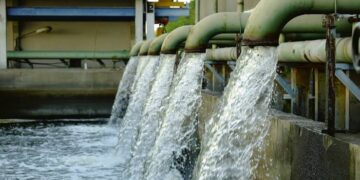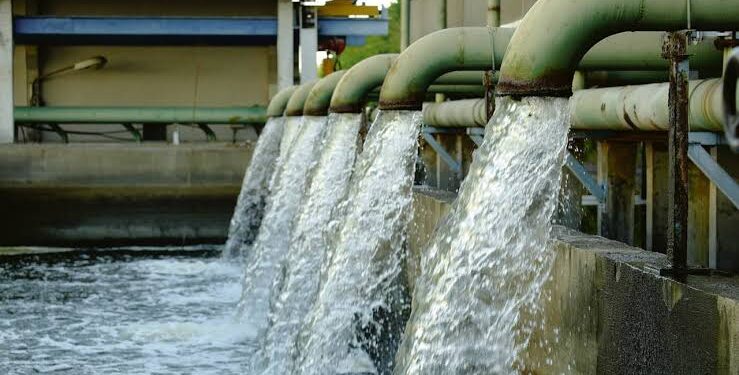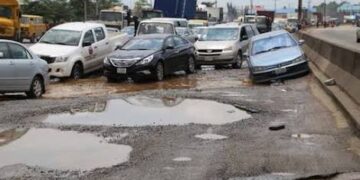The Ogun State Government has reiterated its commitment to overhauling the state’s water sector, emphasizing that ensuring a sustainable and efficient water supply remains a top priority for the administration of Governor Dapo Abiodun.
Special Adviser to the Governor on Sustainable Development Goals (SDGs) and Water Resources, Hon. Damilola Otubanjo, made this known during an assessment tour of water infrastructure in Remo, Odogbolu, and neighboring communities.
The visit was part of the ongoing efforts to tackle critical water management challenges, replace outdated infrastructure, and address funding and logistical constraints affecting water supply across the state.
Otubanjo expressed optimism that the government’s renewed focus on the sector would bring lasting solutions to longstanding water supply issues.
“Many of our water infrastructure facilities are not functioning optimally, and there are concerns regarding the inadequate utilization of available funding. This is a major challenge, and there is a lot of work to be done. We must act swiftly to rehabilitate critical water infrastructure to provide clean and potable water to the people of Ogun State,” she stated.
She further appealed to Governor Abiodun for support in expanding water supply to more communities, stressing that access to clean water is a fundamental necessity that requires urgent attention.
“I am confident that this administration, under the leadership of Prince Dapo Abiodun, will leave no stone unturned in ensuring that residents have regular access to clean and potable water,” she added.
Assuring the public of the government’s determination to revamp the sector, Otubanjo emphasized that a team of experts is working alongside her to implement sustainable solutions.
Also speaking, Consultant to the Governor on Water, Alhaja Muinat Jaji, reassured residents of an improved and more efficient water supply system. She pointed out that the facility assessment also focuses on aging equipment, which the state government has committed to rehabilitating.
Among the water schemes inspected were the Ogere Water Surface Scheme, which serves Ogere, Iperu, Ilisan, Irolu, Ipara, and Iperu Borstal Institution; Akaka Mini Scheme, covering Akaka and Ilara; as well as Ilisan and Ikene Borehole Schemes. Others included the Odogbolu Reservoir, Ayepe-Ijebu Reservoir, and the Sagamu Scheme.
Meanwhile, Otubanjo called on local governments to take a more proactive role in tackling water sector challenges. She underscored the need for stronger collaboration with the state government to address aging infrastructure, improve maintenance, and enhance accessibility to clean water.
“Local governments must become active collaborators in progress. These water schemes are situated in their jurisdictions, and they need to take ownership of infrastructure maintenance. Beyond state, federal, or donor-funded interventions, local governments must ensure sustained operations and accountability in the sector,” she emphasized.
She further disclosed that as part of efforts to localize the SDGs, the state government would establish SDG Desk Officers across all 20 local government areas to facilitate partnerships on targeted intervention projects and programs.
Otubanjo stressed that local government leadership must actively ensure that funds allocated for rehabilitating aging pipelines and water networks are effectively utilized to improve water supply for residents.

























